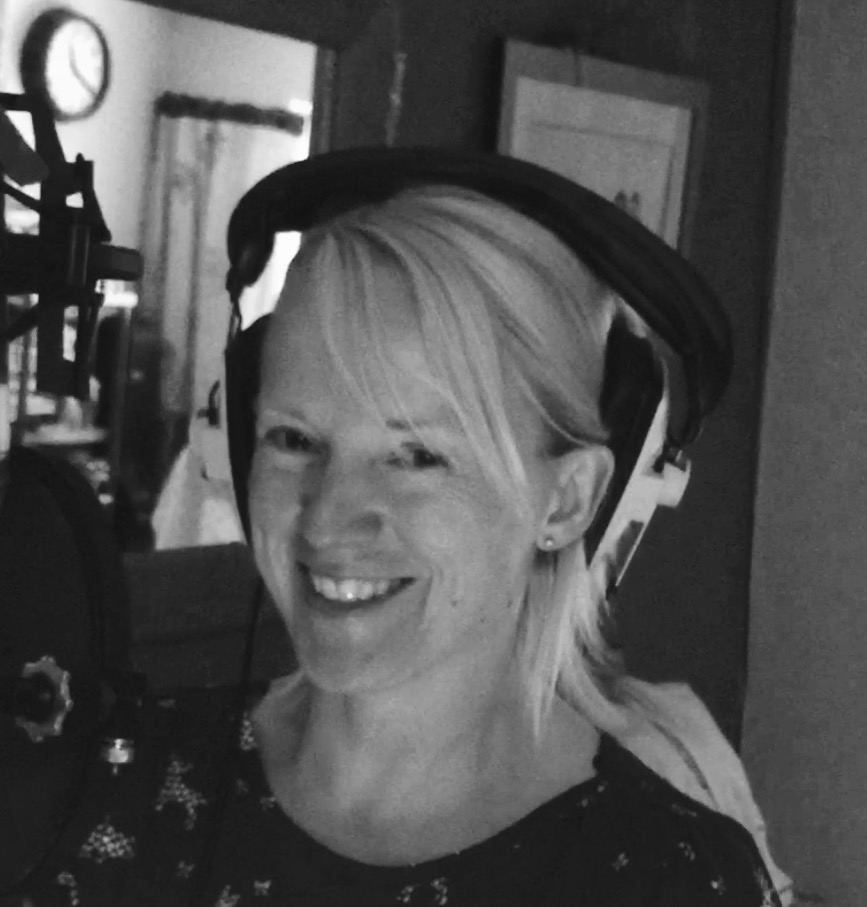NEW blog
Welcome

Recent posts
- Let’s Talk About Mum Guilt (Because We’ve All Been There)
- Predicting the Top Newborn Portrait Themes for 2026
- Your Guide to Photography Christmas Gifts
- Rainy Day Adventures: Making the Most of October Half Term Indoors (and Nearby!)
- Summer Survival Guide: Fun Things to Do with Kids In and Around Yorkshire
I am delighted to welcome Becky Jarratt - Treasure Chest Peer Supporter and ABM Breastfeeding Counsellor as today's guest blogger!
Treasure Chest York offers a support network for breastfeeding mums across the York area, for more information including details of support group meetings visit their website: http://www.treasurechest.org.uk/home/4566365112
If you need any support or advice about breastfeeding, you can also contact the National Breastfeeding Helpline: 0300 100 0212


loading...


Preparing for Breastfeeding: Expectations
The thought of having a baby brings so many different emotions – excitement, anticipation, joy, love… the list is endless. Many of us will have read magazines and articles about how to care for our babies. Sometimes, the reality of having a baby is different from what we have read, which leaves us confused and anxious. I would like to share a little of how we can be prepared for breastfeeding.
Expect to be feeding often
If we think about how often a drink or snack passes our lips (except when we are trying to be exceptionally good!), it is no surprise that our new babies need to feed often. We would expect a baby to feed at least 8-12 times a day, with 8 being the bare minimum. In fact, this is a good thing, because it builds up our milk supply and will reduce any engorgement we may experience. Babies digest breast milk quickly, and need their tiny tummies filling to keep them growing.
Expect cluster feeds and growth spurts
Sometimes we are surprised when babies are feeding more often than we expect. Lots of babies like to cluster-feed, and this is usually in the evening when we are tired. We may wonder if our baby is feeding constantly because we don’t have enough milk. Cluster feeding is normal, and if we expect it, we can enjoy that time of closeness with our newborn.
Something that takes many of us by surprise is when our baby is having a growth spurt. Suddenly, our baby wants to feed all day! What is going on? Just think of it as baby putting in an order for the next day – he is telling our body that it needs to produce more milk because he is growing fast. And sure enough, our bodies are so amazing that they can cope with this extra need for milk.
Expect babies to want to be held
It is a surprise to many of us that our babies don’t want to be put down. We may think we are doing something wrong, but this is perfectly natural. Our baby has been held by us for around 9 months, and in the end they have been held in a fairly tight space! Once our babies are born, they still love to be held. It is no failure to find our babies won’t sleep by themselves in a Moses basket. They love to hear our heartbeat and the warmth of our skin.
Lots of mums find that by wearing their baby in a sling, they can comfortably carry their baby and have their hands free to make a cup of tea or cook a meal.
Expect no routine
Lots of people expect that after the first few weeks, baby will fall into a natural pattern of when they want to sleep and nurse. This isn’t always the case, and we are not doing anything wrong if our baby asks to nurse at different times every day. Watching for cues, such as searching for the breast or opening and closing their hands, will help us to know when our baby wishes to nurse.
Expect your baby to feed in the night
Babies need to feed in the night. We may expect that after a few weeks our baby will grow out of this, but many continue to need milk in the night for well over a year. This aids their brain development, and tells our bodies to produce milk the next day.
Expect to need support
We are living in times where we don’t always see breastfeeding around us. In some cultures, girls watch their mothers, aunts and sisters breastfeed, and the knowledge they acquire helps them on their own breastfeeding journey. In many areas, mums have trained to be breastfeeding peer supporters in order to help other mums with any questions they have.
If breastfeeding is painful, it is always good to get it checked out. Sometimes all that is needed is a tweak in positioning and attachment. We can go to support groups to ask for information and reassurance, and it is a good idea to know where our local support groups are before our baby is born. Peer supporters are happy to chat to mums about everything breastfeeding! We don’t have to have a problem to go – we can just chat to other mums, or practise breastfeeding in public, for example.
Another area that we will need support is around the house. If we can have a few days or a week of not worrying about what we are having for tea, we can spend quality time getting breastfeeding off to a good start. We can ask friends or relatives to cook us a meal, or make sure our freezers are stocked up before baby is born.
Expect not to “get back to normal”
Society suggests that after we have had our baby, normality will resume at some point. Most mums find that they do get to a state of “normal” after a while, but that this normal is a different one from the one they had before. After all, we are sharing our lives with a wonderful new person. Life will never be quite the same again!
Expect to feel more love for this tiny person than you can ever imagine
Breastfeeding is about so much more than milk. It is about comfort and love. It is more than can be put into words. Only you and your baby can truly understand.
Becky Jarratt – Treasure Chest Peer Supporter and ABM Breastfeeding Counsellor
Treasure Chest York: http://www.treasurechest.org.uk/home/4566365112
National Breastfeeding Helpline: 0300 100 0212
READER FAVOURITES
CATEGORY: TIPS & IDEAS




